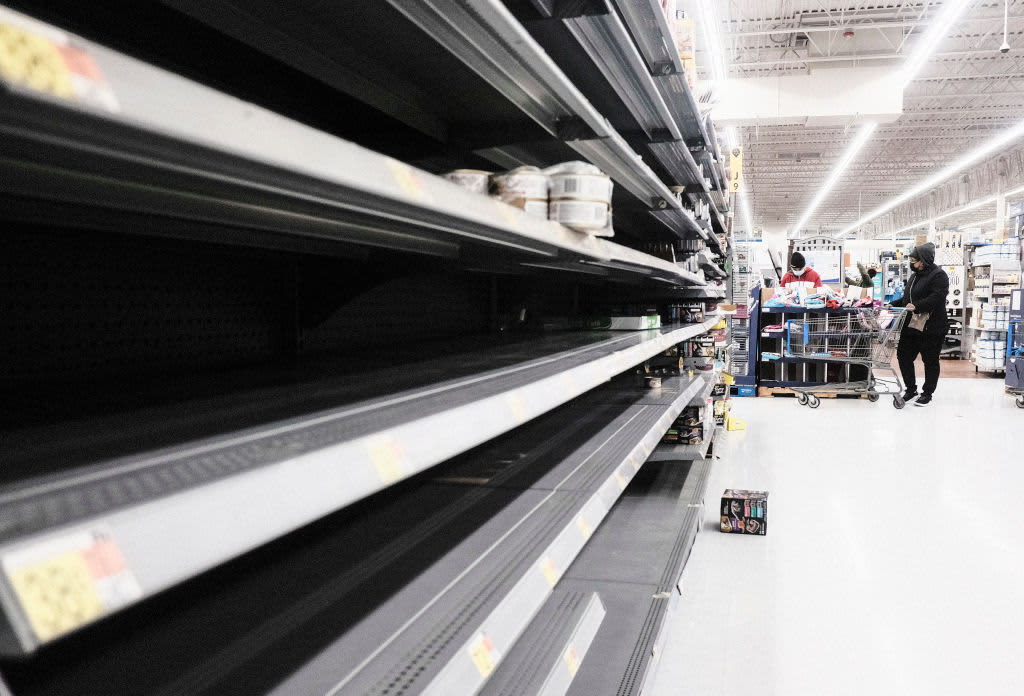Kids who had COVID-19 were at substantially higher risk of developing diabetes after their infection than kids who didn't, or who had another non-COVID respiratory infection, the CDC said in a major new study released Friday.
Diabetes was already known to increase a person's risk for catching COVID, and COVID infection was known to make diabetes symptoms worse. But the new study demonstrates a clear link between non-diabetic kids catching the virus and subsequently developing the chronic disorder as a result.
"Persons aged <18 years with COVID-19 were more likely to receive a new diabetes diagnosis >30 days after infection than were those without COVID-19 and those with prepandemic acute respiratory infections," the authors wrote.
Symptoms of COVID in children
By using a database of health care insurance claims called IQVIA, and looking at a year's worth of diagnoses, they found kids who'd had COVID were 166% more likely to be diagnosed with diabetes than those who hadn't.
(The risk was far lower, 31%, in data from a second database called HealthVerity, but the authors said the databases were somewhat different in who was included and not, accounting for the disparity.)
Get Tri-state area news delivered to your inbox. Sign up for NBC New York's News Headlines newsletter.
They acknowledged that a "percentage" of the new diabetes cases likely occurred in kids who were pre-diabetic to begin with when they were infected with COVID, but said that would not explain all the cases. They also said it was still not fully clear how much of the diabetes was caused by the virus versus the treatment for the virus, and whether these cases were permanent or not.
But either way, they cautioned doctors to be watchful.
"Health care providers should screen for diabetes symptoms in persons aged <18 years with a history of SARS-CoV-2 infection. These symptoms can include frequent urination, increased thirst, increased hunger, weight loss, tiredness or fatigue, stomach pain, and nausea or vomiting," the authors concluded.



